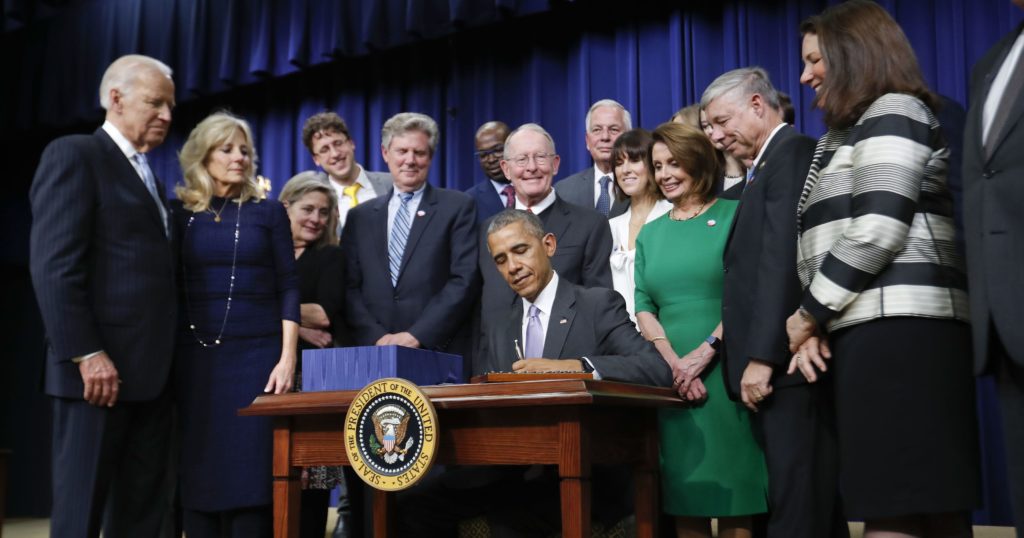The SMART Team successfully lobbied for language in the 2016 21st Century Cures Act that requires a universal API for health information technology.

(iv) has published application programming
interfaces and allows health information from such
technology to be accessed, exchanged, and used
without special effort through the use of
application programming interfaces or successor
technology or standards, as provided for under
applicable law, including providing access to all
data elements of a patient’s electronic health
record to the extent permissible under applicable
privacy laws;
In 2017 we hosted ITdotHealth 4: SMART Decisions, focused on setting an agenda for the Office of the National Coordinator of Health Information Technology to ensure that EHRs make all elements of a patients record accessible across the SMART API “without special effort” as required by the Cures Act.
We also strongly advocated for provisions in the proposed rule that would specifically define SMART as the universal API and so foster a robust marketplace.
The Final Rule from the ONC supports seamless and secure access, exchange, and use of electronic health information, requiring standardized APIs to enable patients to securely access computable copies of their health records via smartphones.
The Final Rule also requires, for certified HIT, SMART/HL7 Bulk Data Export/Flat FHIR API, which will enable ready and secure access to population level data sets from electronic health records. Boston Children’s Hospital worked with HL7 to enable push-button population health, which should make it turnkey to extract data from EHR systems. Streamlined aggregation and analysis of data at a population level will lead to improved population health management, value-based care delivery, and opportunities for discovery science.
You must be logged in to post a comment.